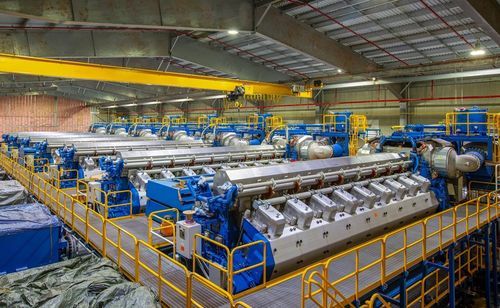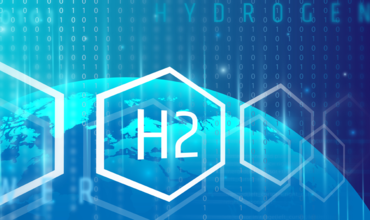Carbonvert, a Houston-based carbon capture and sequestration developer, is planning to start conversations soon with an eye to raise corporate capital that will allow it to advance mega-scale CCS projects, CEO Alex Tiller said in an interview.
Owned by a group of outside investors and the management team, Carbonvert is advancing a business model that takes advantage of the group’s expertise in early-stage project development, Tiller said.
The company recently completed the sale of its 25% interest in the Bayou Bend CCS project to Norway’s Equinor, which will now own the development alongside Chevron (50%) and Talos Energy (25%).
Bayou Bend CCS is the type of mega-scale project that Carbonvert will be pursuing in coming years, and for which the company will need to raise as much as $500m in corporate capital due to the capital-intensive nature of the projects, Tiller said.
Chevron last year bought its 50% operating stake in Bayou Bend for $50m, implying a $100m valuation for the project, which is positioned to become one of the largest CCS developments in the US for industrial emitters, with nearly 140,000 gross acres of pore space – 100,000 onshore and 40,000 offshore.
Carbonvert’s stake sale, announced yesterday, was “a positive result” for the company, Tiller said, though he declined to comment further on the valuation.
“It delivers capital to our balance sheet and allows us to grow our pipeline of projects and fund additional projects,” he said. Carbonvert used Jefferies as sell-side financial advisor in the sale to Equinor, he added.
Tiller, a veteran of the renewable energy industry, is a founding member of Carbonvert alongside Chief Development Officer Jan Sherman, who previously had a 30-year career with Shell and helped build the oil major’s Quest CCS project in Alberta, Canada.
For the upcoming capital raise, Carbonvert has not decided on whether to use a financial advisor; the structure of the capital raise will likely determine if an advisor is needed, Tiller said.
“We’ll definitely be out raising more corporate capital – these projects are tremendously expensive,” he said. “We’ll be starting conversations soon.”
The company has a line of sight to deploy as much as $500m of capital into its own projects over the next several years, he said, an indication of how much capital it will need to raise.
“These are large infrastructure projects that are going to take many years to bring to fruition, followed by decades of operations,” he said. “We live at the front end of the projects,” he added, “and when the appropriate parties are at the table, it’s really an act of humility to say ‘hey, maybe we’ve taken this as far as we can or should,’” a reference to finding the right time to sell the company’s stakes in the projects it is developing.
In addition to the Bayou Bend CCS project, Carbonvert is part of a consortium that’s developing a carbon hub in Wyoming. The company is also collaborating on an exploratory study for the direct air capture and storage of CO2 emissions from a nuclear power plant in Alabama.
“You can expect to see project announcements that look like Bayou Bend in the future,” Tiller said. “We like that type of mega-scale project, we like offshore, and we’re also pursuing some opportunities onshore that are less mature.”







